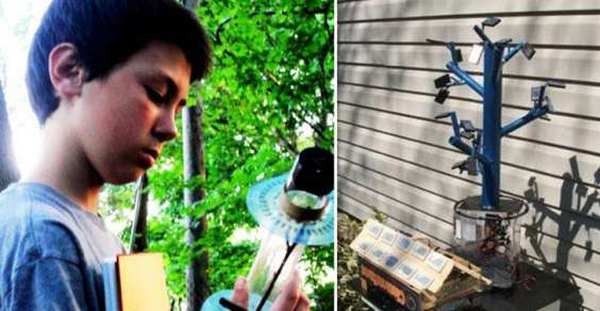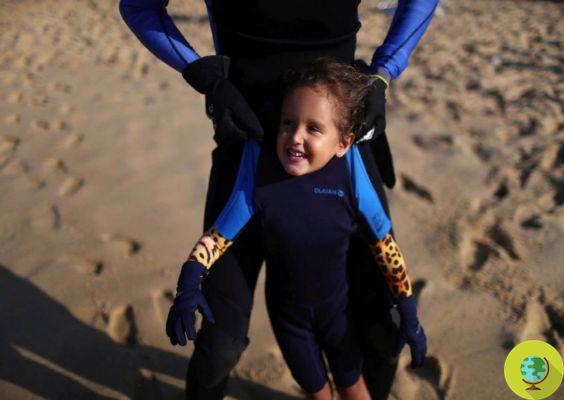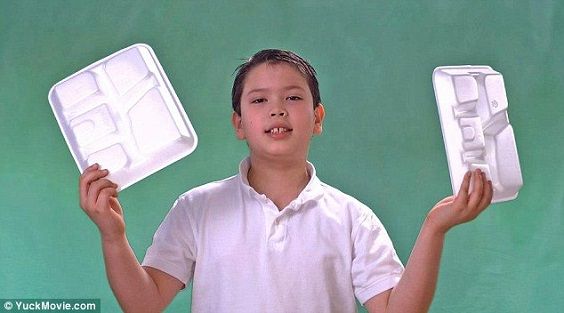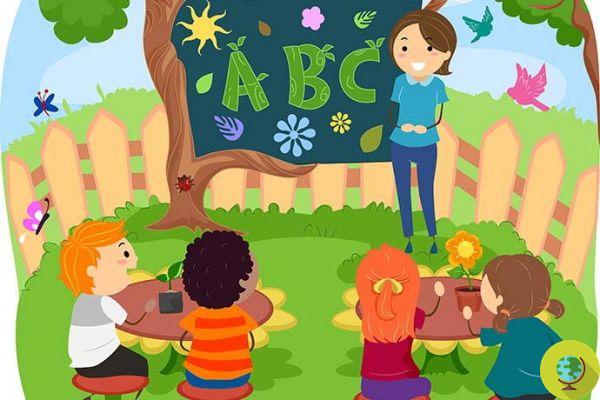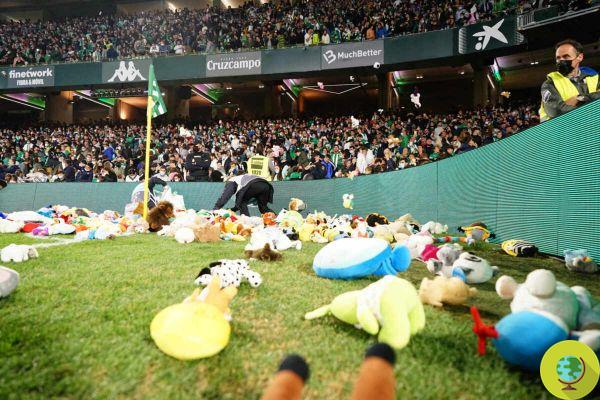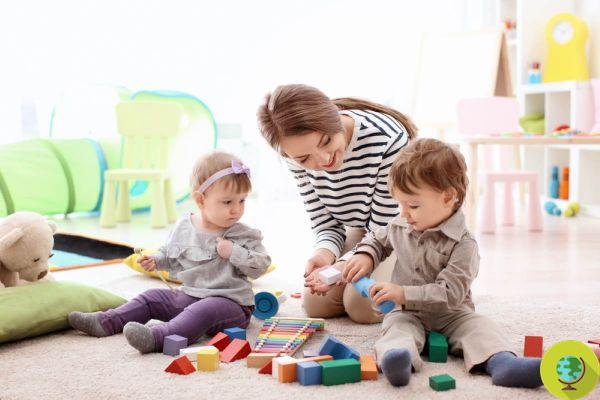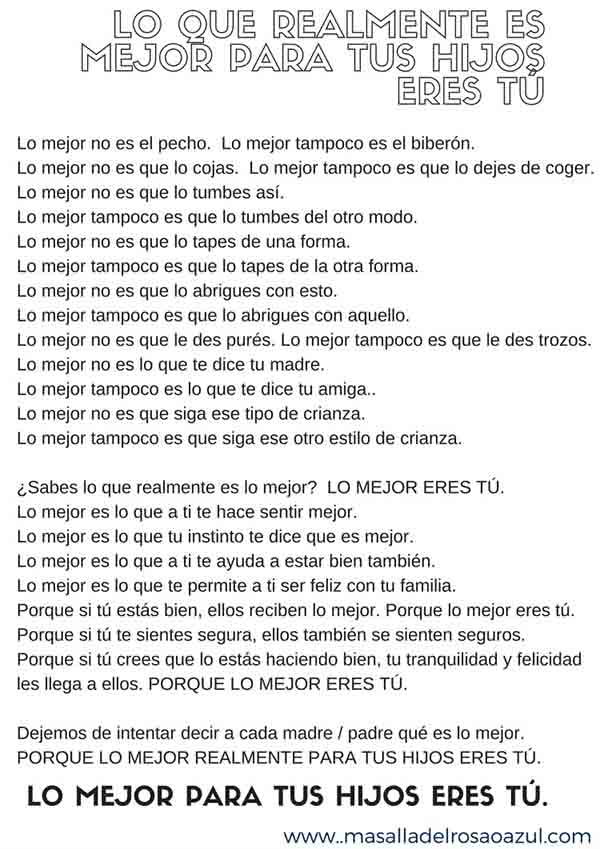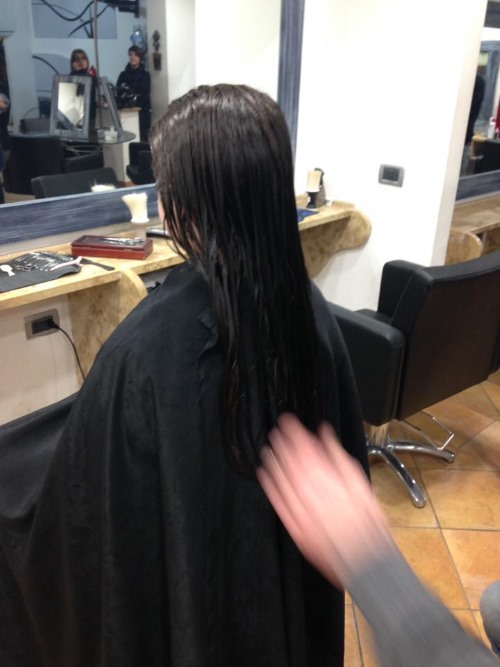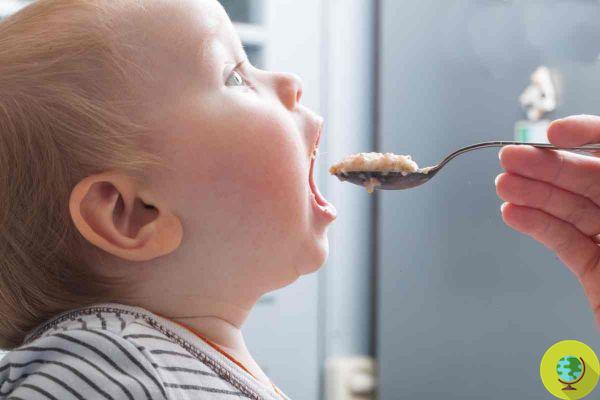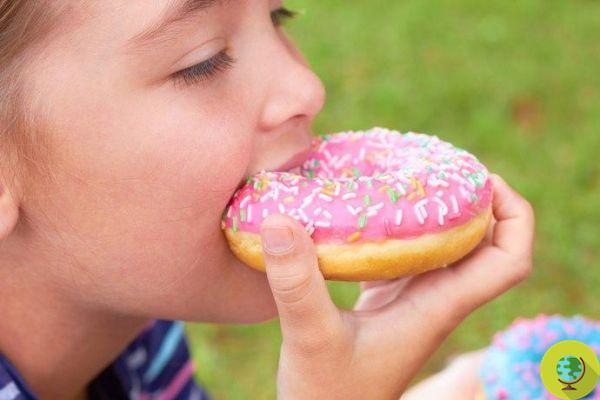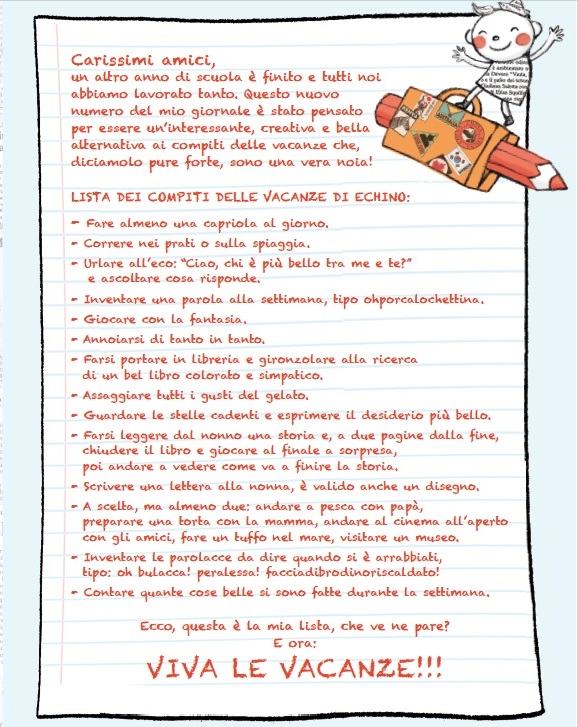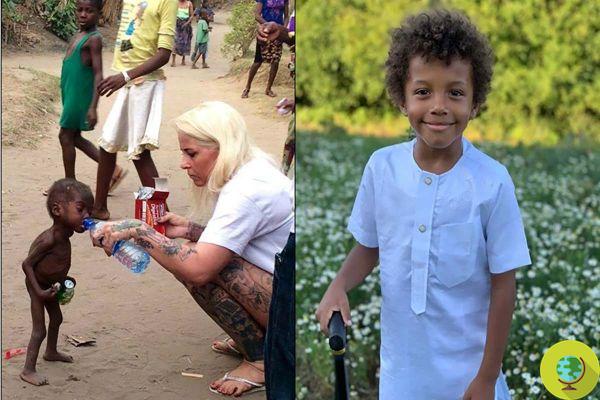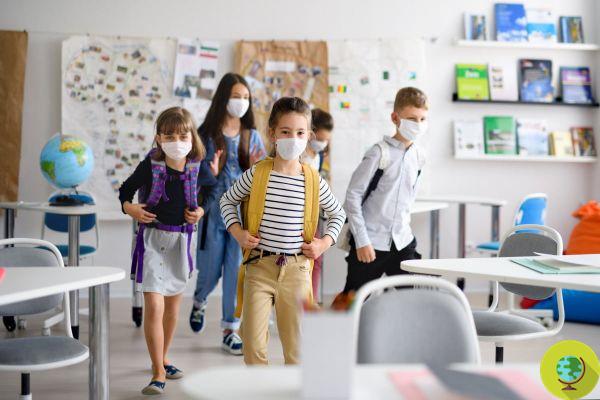Sunday February 14, 2022 is International Epilepsy Day, a brain disease characterized by the appearance of epileptic seizures. In practice, it is a neurological condition characterized by recurrent and sudden manifestations, complete with loss of consciousness and violent convulsive movements of the muscles, the "epileptic seizures" in fact.
Don't store avocado like this: it's dangerous
“To take by surprise” is in fact the Greek meaning of the word: crises are not predictable, so they are hit without warning.
Epilepsy is predominantly pediatric, two thirds of epilepsies in fact begin before pubertal development, and would be caused by an alteration in communication between brain cells, neurons.
In fact, there is one underlying this pathology abnormal electrical discharge of a more or less large area of neurons and the crisis will respect the function of the brain area involved: if the crisis affects only a restricted area of a cerebral hemisphere, we speak of a "partial" or "focal" crisis, while if it affects both hemispheres at the same time it is a crisis " generalized ".
Some forms of epilepsy are related to genetic predisposition and they tend to heal spontaneously. The so-called "Childhood Absence Epilepsy"Begins around 4-6 years causing loss of consciousness - the so-called" absences "- quite numerous and daily, which persist for a few years, and then tend to disappear with the approach of puberty. In these cases, the therapies are aimed mostly at suppressing absences in the phase in which they are particularly frequent. However, these are therapies that have inevitable side effects, first of all the induction of drowsiness which in children can affect attention and therefore school learning. It is obvious that doctors then analyze on a case-by-case basis.
What to do when our baby has a crisis:
Strong nerves and a lot of calm, the crisis is temporary.
If the child has fallen due to a convulsion, keep your head from beating repeatedly on the floor or against obstacles, so maybe put a pillow under your head and turn it on your side to let out the saliva that will surely accumulate in the mouth
Don't try to open your mouth because any attempt in this direction could result in a bite on the introduced finger or the breaking of the child's teeth, since the contraction of the jaw in these cases is very strong
Ifeed her to try to "revive" the babyAccording to doctors, in fact, both assisted breathing and cardiac massages are inappropriate
If the epileptic crisis occurs without convulsions, avoid inappropriate interventions and do not frighten the child further, but calm and comfort him.
These are simple indications, but only the doctor will be able to give correct and suitable indications for each individual case.
Follow us on Telegram | Instagram | Facebook | TikTok | Youtube
Read also:
- Music: good for children's brains
- Gymnastics in pregnancy: it is good for the baby's brain




